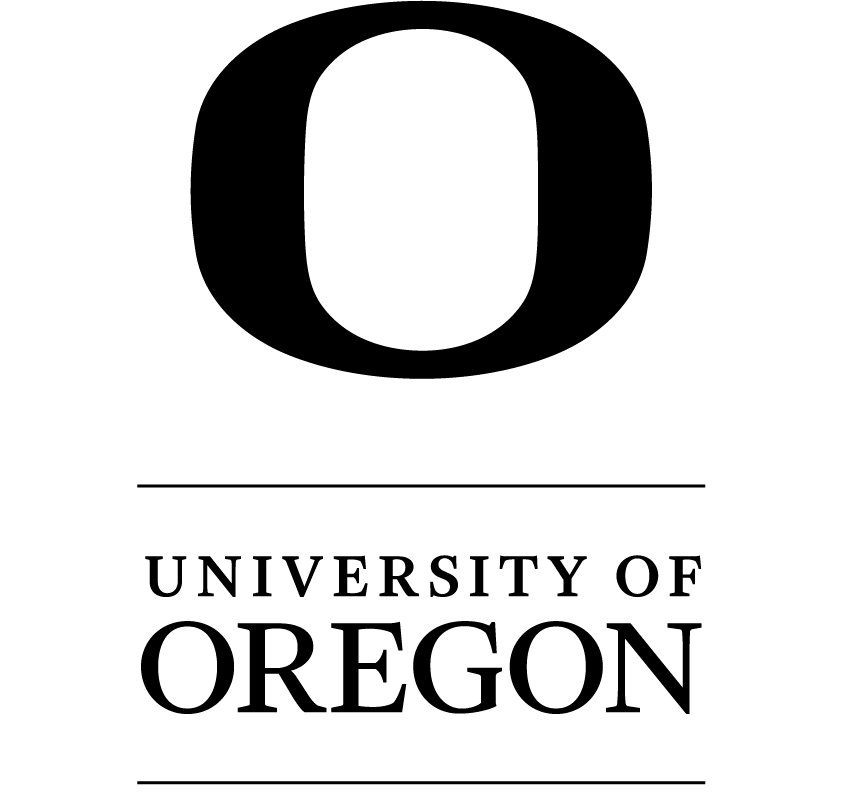Dear colleagues,
We hope your winter term is wrapping up nicely following the early challenges of the Omicron surge and other disruptions. We are grateful for your hard work and creativity in serving our students so well during these uncertain times.
As we head into spring term after nearly two years of modified instruction, it’s time to help our students transition to more customary modes of learning. This may be a difficult transition for students who have come to expect a level of flexibility and accommodation that is no longer necessary following the Omicron surge. It is also not sustainable. We have heard from many of you how difficult it has been managing these student expectations and the high numbers of student absences. Following guidance from health authorities and based on current public health conditions and our high vaccination rates, we are able to safely return to instruction practices that are closer to what we offered pre-COVID.
Last week the University of Oregon announced that wearing masks will become optional in most indoor spaces on campus beginning Saturday, March 19. Masks will remain required in health care settings, such as University Health Services and the COVID-19 Monitoring and Assessment Program (MAP) testing sites. The UO COVID-19 regulations should be applied uniformly to all campus settings, including classrooms, unless otherwise required by law or policy. Faculty should not create any rules or requirements that are inconsistent with the university regulations or local, state, or federal public health agencies. In particular, this means you may not require masks where they are optional, nor allow people to go without masks where they are required, such as in health care settings. It is important the university apply the UO COVID-19 regulation uniformly to maintain consistency and equity across campus.
In addition, the Academic Council has revised its expectations for spring 2022 term. The full document is here. In short, the council is largely giving instructors the discretion to manage attendance and makeup policies for their courses. The council recognizes the incredible strain that the heightened flexibility requirements have placed on them. We encourage you to establish your expectations for attendance in your syllabus and early class meetings; students need to hear that attendance is important to their learning. Of course, this is balanced against the need for reasonable flexibility as it existed pre-COVID. Students should know what their options are when they are unable to meet attendance requirements.
Again, thank you for all you have done and continue to do for our students. Your efforts have helped us through one of the university’s most difficult times in recent history. Please find some time for you and your family to rest and recreate over spring break.
Sincerely,
Janet Woodruff-Borden
Executive Vice Provost for Academic Affairs

Recent Comments